Modelling biodiversity responses to climate and human-induced land change
Background
Biodiversity loss is threatening ecosystems and the services they provide to human society. To reverse this decline, we need to understand how human activities impact biodiversity, especially under future climate and societal change. Within this project, we aim to develop decision support tools based on state-of-the-art process-based models combined with AI techniques such as emulation and history matching. These approaches allow us to deal with unprecedented levels of computational complexity, enabling us to 1) model how individual species respond to climate and human-induced stressors with fine-grained detail at very large scales, 2) rigorously quantify uncertainties, and 3) dynamically re-calibrate models as new data emerges. By advancing these cutting-edge approaches, our goal is to provide decision-makers and land managers with robust, fast running decision support tools that allow for the systematic exploration of pathways to halt biodiversity loss and promote nature recovery.
PhD opportunity
Other information
Applicant profile: Students with a strong interest in trans-disciplinary research and a solid background in mathematics, statistics and and computer modelling. We are open to consider students with a variety of backgrounds such as Economics, Mathematics, Statistics, Computer Science, Ecology, Geography.




